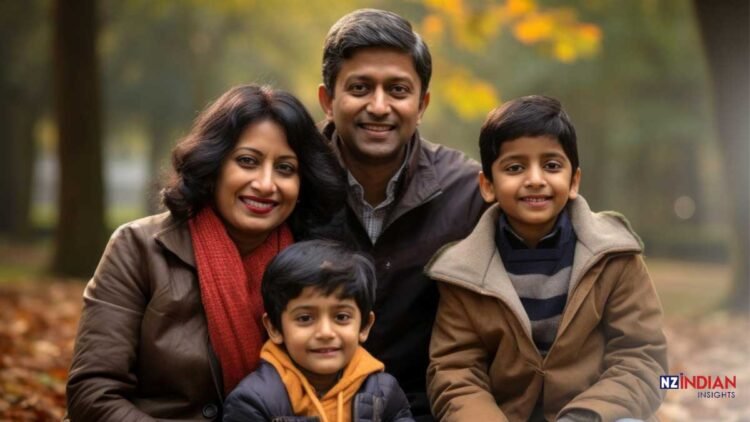Many Kiwi Indian parents place great importance on keeping their native languages alive within their families, even as English dominates everyday life in New Zealand. Raising bilingual children is a meaningful but sometimes challenging goal.
Speaking Hindi, Punjabi, Tamil, or other Indian languages at home helps children connect with their culture, understand family history, and communicate with relatives in India. It also fosters a strong sense of identity and pride.
To nurture bilingualism, parents often speak the mother tongue consistently at home and encourage children to respond in the same language. Many enrol their kids in weekend language classes organised by community groups or temples. Cultural stories, songs, and Bollywood movies also make learning fun and engaging.
Balancing language learning with busy schedules and the influence of English, especially at school and with friends, requires patience and persistence. Even conversational fluency is a significant achievement.
Bilingual children benefit cognitively with improved problem-solving, multitasking, and creativity. It also broadens future career opportunities in New Zealand’s multicultural society.
Though parents may worry about their children feeling different or struggling with English, celebrating small language milestones builds confidence and connection.
Ultimately, maintaining Indian languages helps preserve rich traditions and ensures future generations stay connected to their roots. It’s a gift that lasts a lifetime.
FAQs:
Why is bilingualism important for Kiwi Indian families?
It connects children to their culture, family history, and heritage.
What methods help children learn Indian languages?
Consistent home use, weekend classes, cultural stories, songs, and movies.
How can parents balance English and native language use?
By encouraging use of both languages in appropriate settings and being patient.
What benefits do bilingual children gain?
Better cognitive skills, creativity, multitasking, and future career opportunities.




















